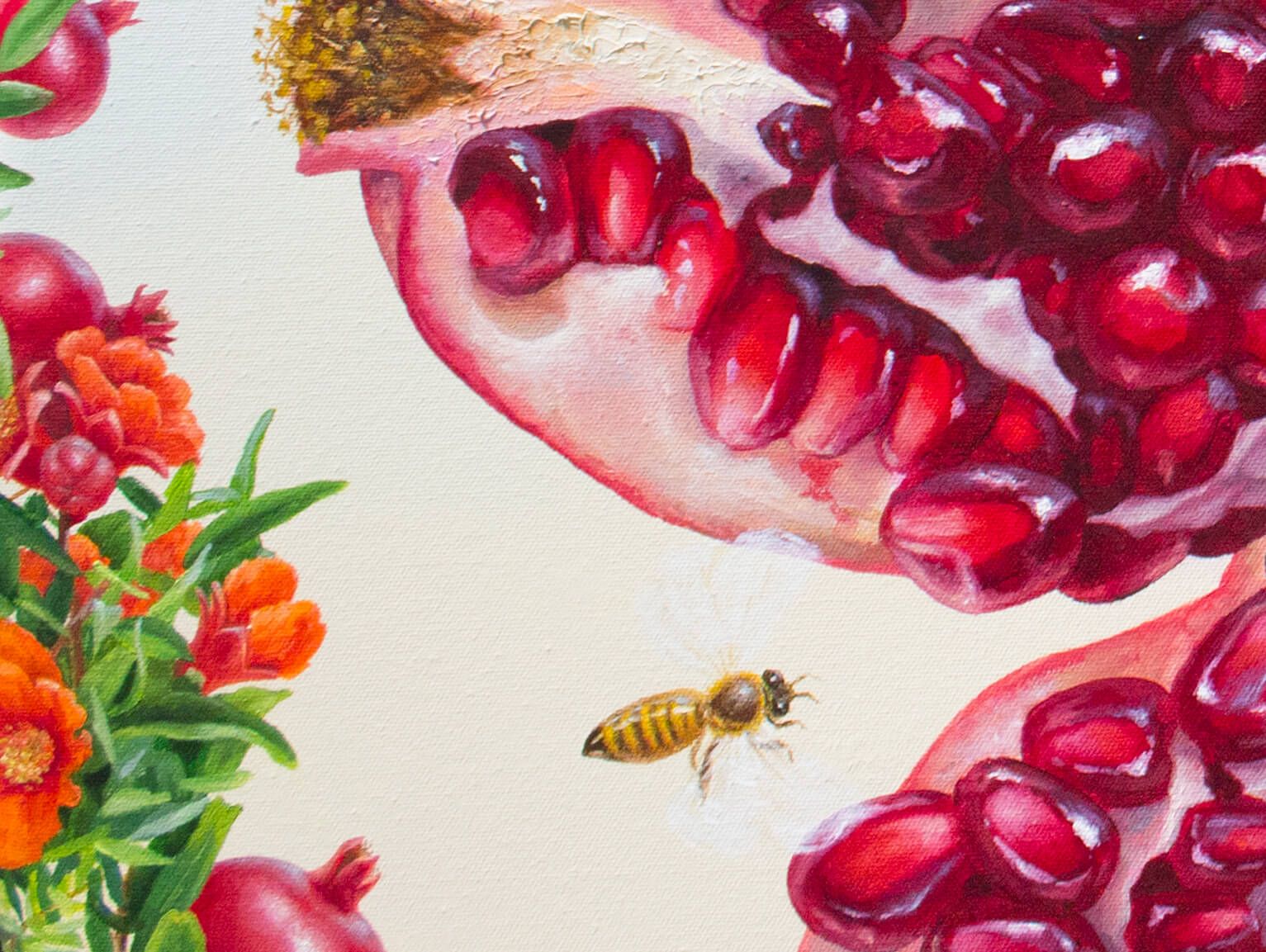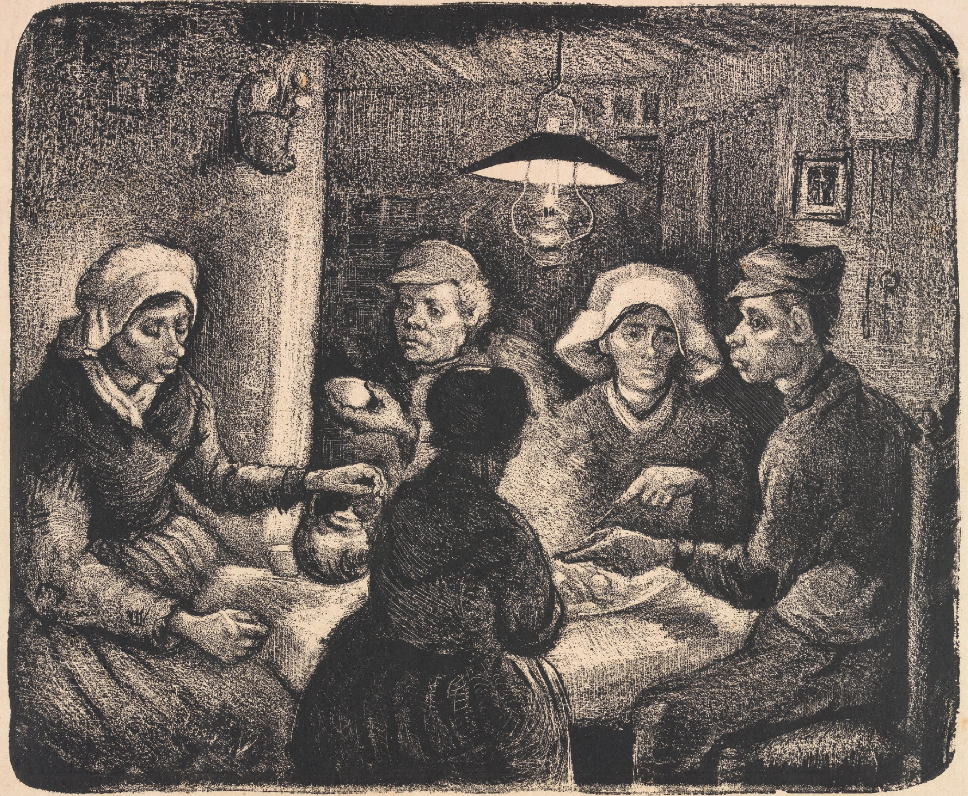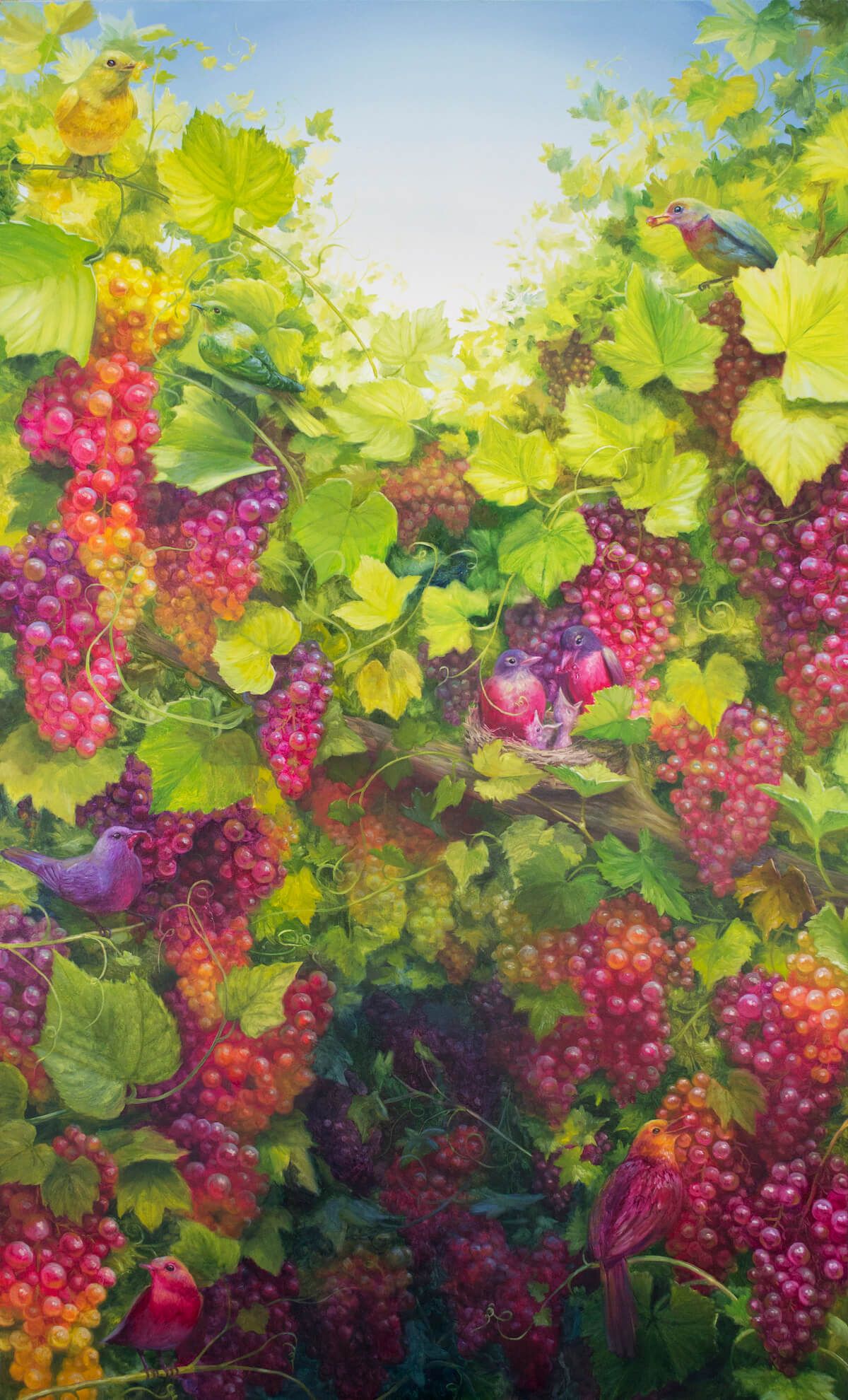Tables of the Past
It is through food that nations can tell their stories, and through it we can better understand their history, traditions, and social and economic development.
Salma Serry is an Egyptian food history researcher and filmmaker dedicated to documenting 100 years of forgotten South West Asian & North African culinary ephemera. Her passion in food started in her childhood with her fondest memories being of her grandmother in the kitchen making delicious dishes inspired by 60s cooking booklets.
Salma Serry, food history researcher and a filmmaker.
She started her @Sufra_archive account on Instagram as a library dedicated to the modern food history of Southwest Asia and North Africa, housing the largest collection of more than 600 historical Arabic cookbooks and culinary paraphernalia. Her approach centers on contextualizing and analyzing history, archives, and memory to highlight the politicization of food through forgotten, contested, or marginalized narratives that tend to disappear against hegemonizing national cuisines and identity politics. The result of her work is often an investigation - habitually in writing and occasionally in a film format - of the entanglement of food in politics and migration.
Her account features everything related to Middle Eastern food, starting from the 60s to the end of 90s, including cookbooks, menus, magazines, advertisements, and written recipes. Her research also aims to tell the stories of marginalized communities in the region and bring into view their own food history and recipes that tend to be overlooked.
In this interview with Salma Serry, we learn about the importance of documenting and archiving food history and how these cookbooks can tell us so much about how our identity was shaped and developed through time.
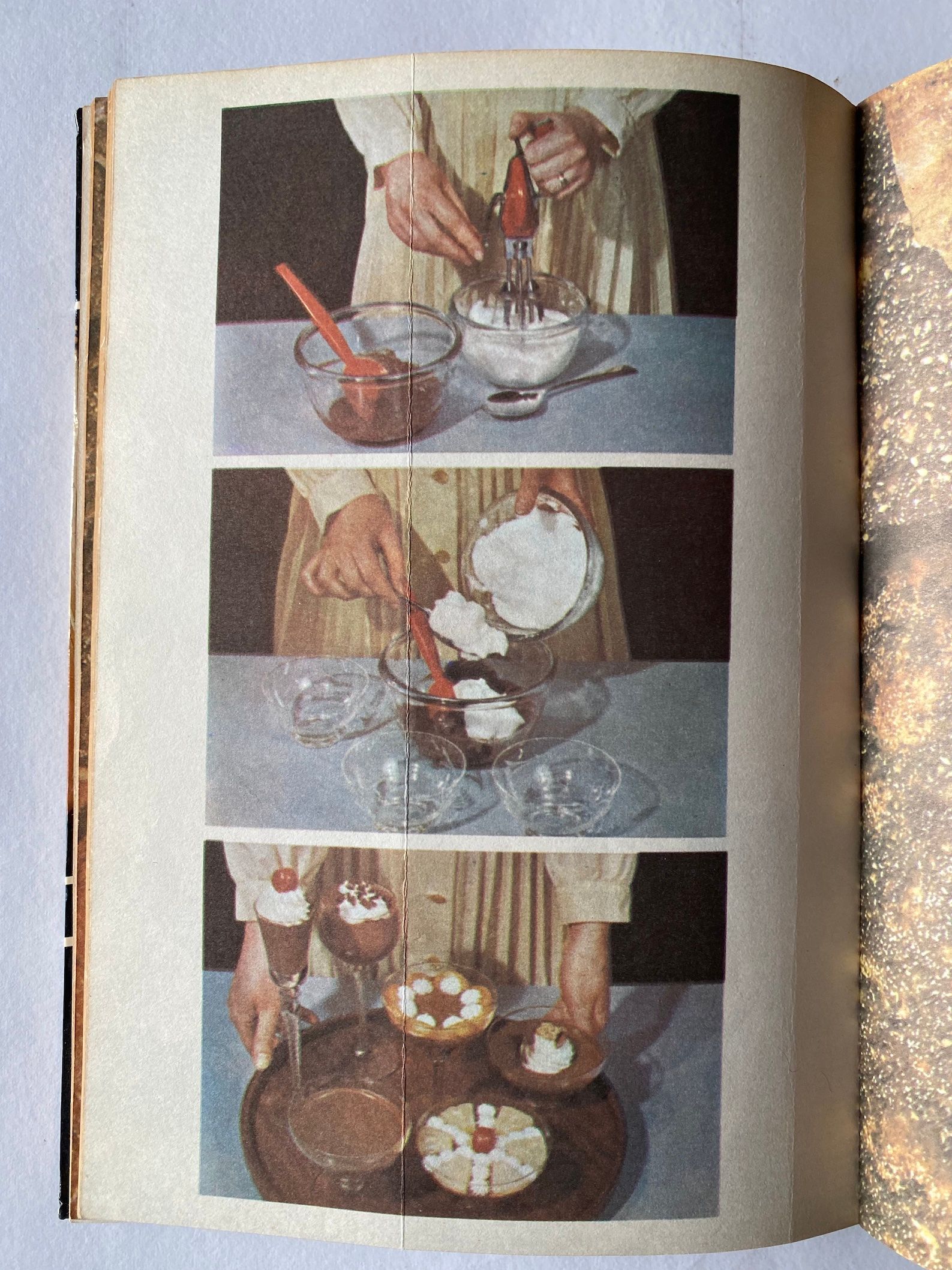
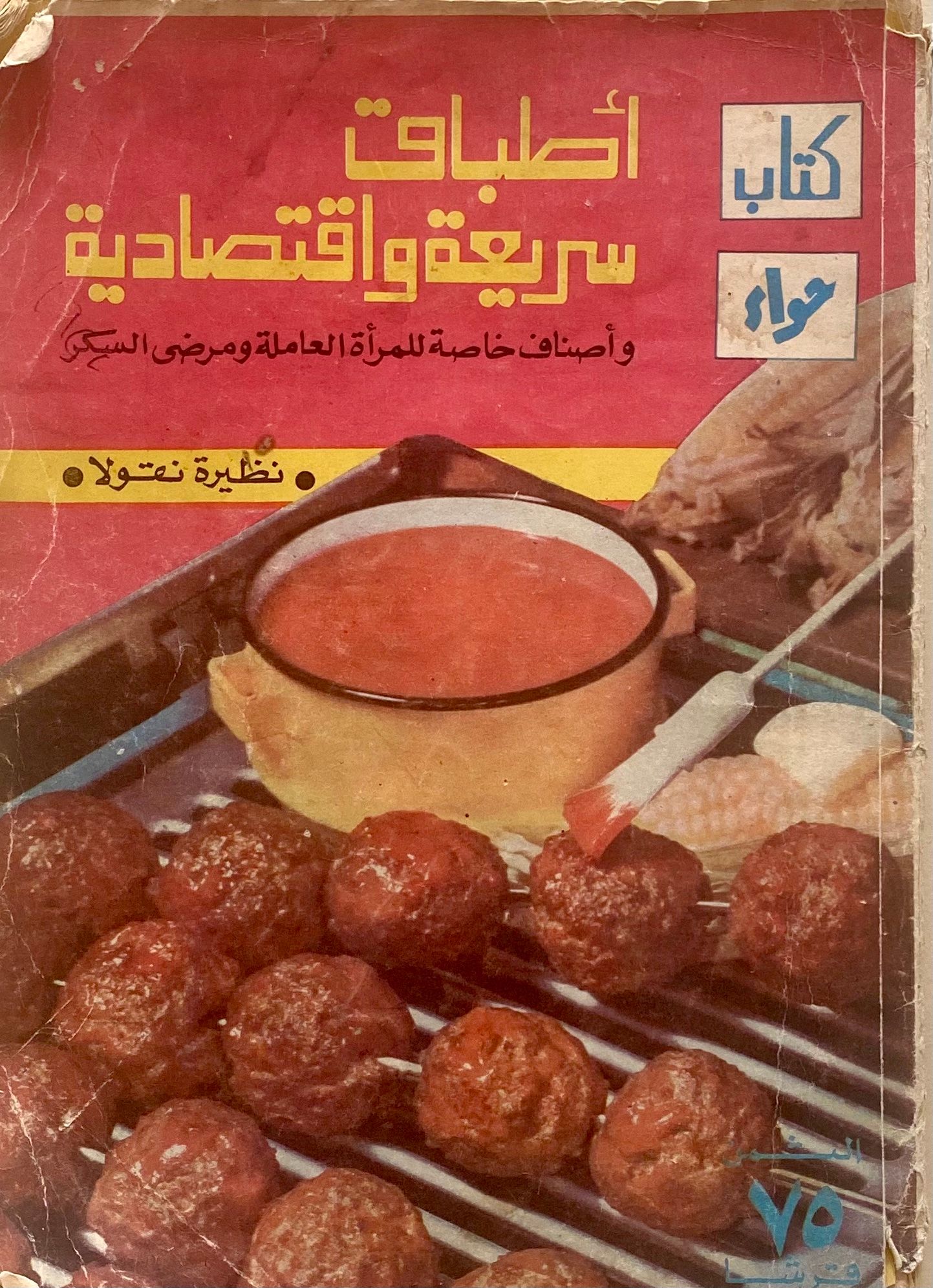
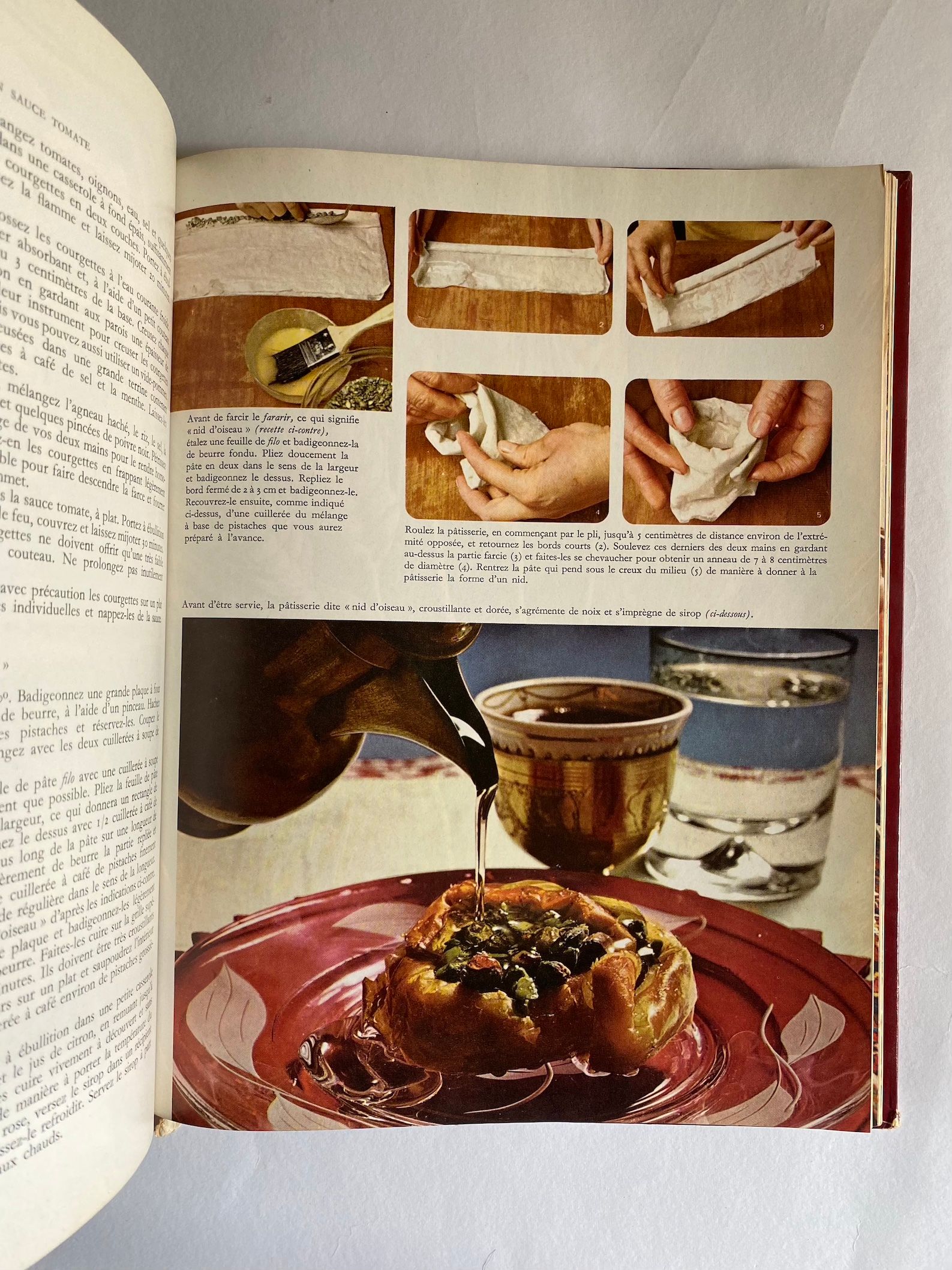
I have been collecting cookbooks since I was about nine years old, growing up in a house that appreciated cooking, hosting and celebrating with food. My parents house was always the one in which family and friends gathered and food was always the thing around which their gatherings revolved. As I got older, I grew a love for older cookbooks, especially my grandmother’s collection. I also became quite curious about the history of food, looking for vintage cookbooks and local history of different countries’ cuisines anywhere I traveled to. Without realizing, food soon seeped into my early work on film and media, featuring it in short documentaries and basing short fiction films on it.
@sufra_archive was born out of the need to research and learn more about our interlinked food history. While working on my graduate studies in gastronomy, I realized how much literature about food, cookbooks, and food-related ephemera are neglected and overlooked. Despite the immense value they hold for researchers, historians, anthropologists and sociologists, unfortunately old cookbooks are often kept away in dusty storage rooms, scattered in flea markets, and rarely accessible or available in libraries or archives. I wanted to build something that appreciates the knowledge and histories that these items have. They help us understand things like why we eat the way we do, how society’s taste has changed over time, and how our food is intrinsically connected to all the social, cultural, political and economic developments that occurred in the past - all things I wish people would learn from.
It was amazing to see through old press photographs how in the middle of the Lebanese civil war in the 1980s that food played an integral part in having a semblance of a normal life, as people held on it in the midst of chaos. Menus of royal and presidential banquets in Egypt changed from all European and Turkish fare to Egyptian ones, reflecting the prevalence of nationalism and anti-Western sentiments. Meanwhile, vintage cookbooks from Saudi Arabia have enormous sections dedicated to rice recipes and of course confirms just how much Saudis love their rice dishes!
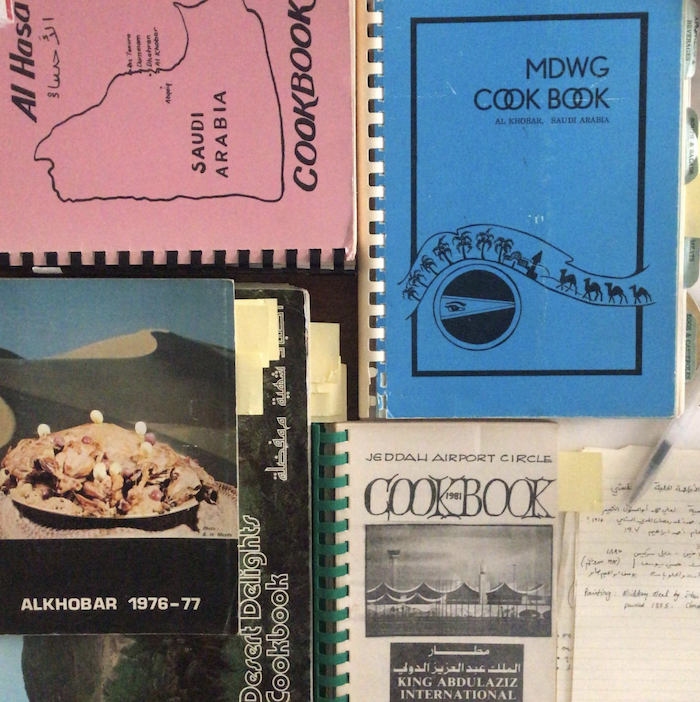
a collection of vintage cookbooks. Courtesy of Salma Serry
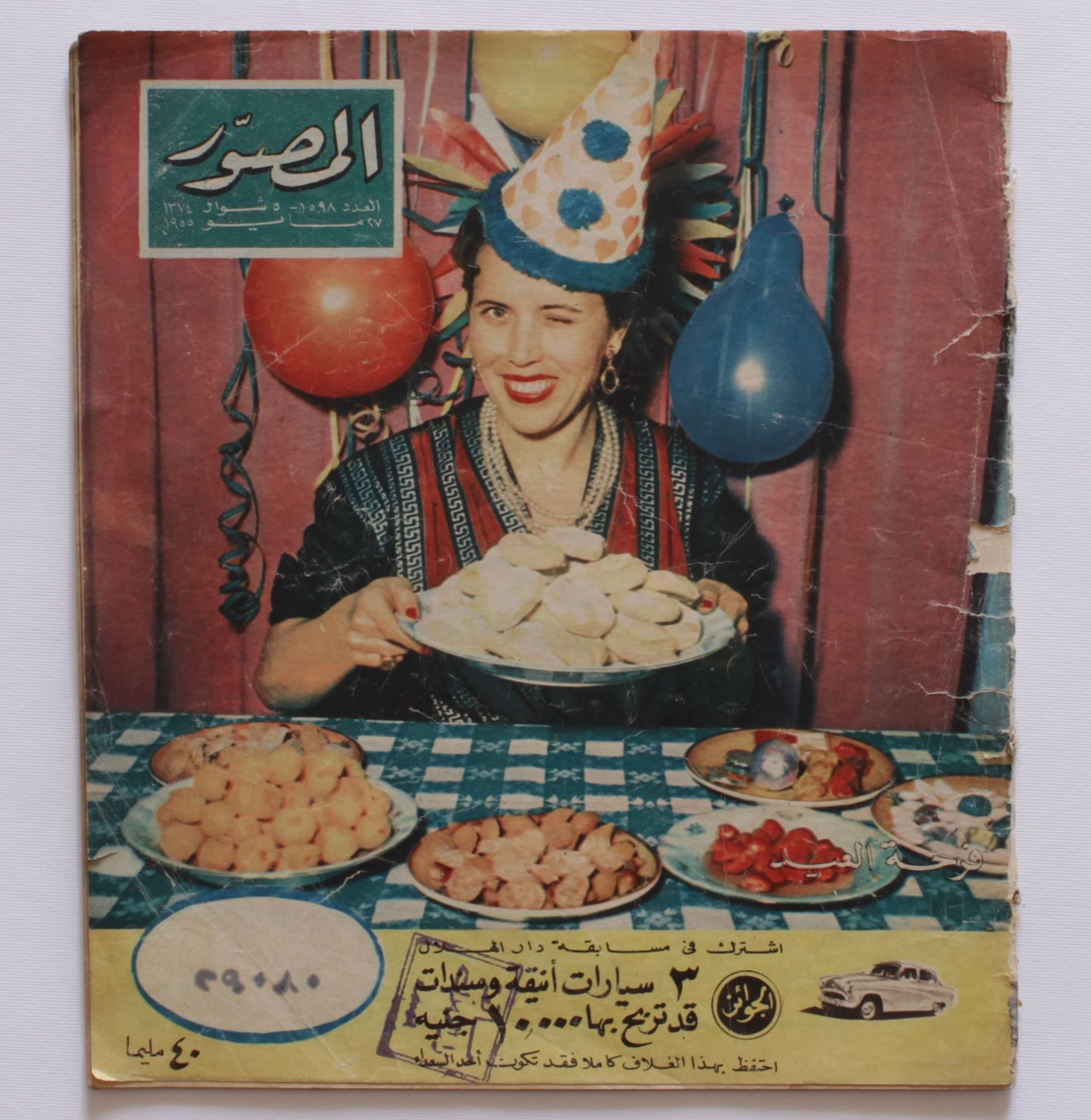
Egyptian magazine Al-Musawer, 27 May 1955, Eid issue. Courtesy of Salma Serry.
Food is inseparable from culture - or life for that matter - but also tells much more than just the cultural aspect of a society. Through looking at cookbooks from the past, one can understand its relationship to knowledge systems, language, political structures, gender, class, patterns like migration, and events like wars and famines.
Perhaps the idea of deep-frying little bits of dough and drenching it with sweet sugar syrup is something most Arabs are fond of indulging in. You find several delicious variations of it in various places: loqmat al-qadi in Iraq and Egypt, logaimat in the UAE and Saudi Arabia, a’wamat in the levantine coutries, all of which are close to Moroccan sfenj in its idea and mushabbak, shebakiyyah, and zalabya that are enjoyed throughout the region as well.
Thanks to the generous support from the Arab Fund for Arts and Culture and the Arab Council for Social Sciences, I am working on a project that focuses on archiving, digitizing and making accessible to researchers the largest collection of Arabic cookbooks and culinary ephemera. That comes with some challenges though, like obtaining copyrights and conservation of some old fragile items. But it’s all very exciting and I appreciate all the wonderful support I get from the community around me. I am always on the lookout for sources of funding opportunities that support cultural efforts such as this project. Partnerships and collaborations are key to maintaining the impact of the projects and sharing it with wider audiences.
Definitely dolma! I enjoy making it, rolling it, cooking and hosting parties around it! Everyone loves dolma and I think making it, especially the types that require rolling in leaves (like vines, cabbage or chard), makes a great therapeutic practice as it really requires you to focus and be present, all the while calming you down.
I guess the most exciting event was being invited to talk at the World Expo 2020 about everything I do. But the true blessing is the community I found cultivating around the passion for food history - people I have met through social media platforms who have now become some of my closest friends. I have been really lucky in getting their support. I am currently about to start a new phase of the digitizing project, working with nine research assistants, and I know there is no way it could have been done without all of them. Each one of them is in a different country, scouting for materials, conducting interviews, and making this platform come together so that others can benefit from it.
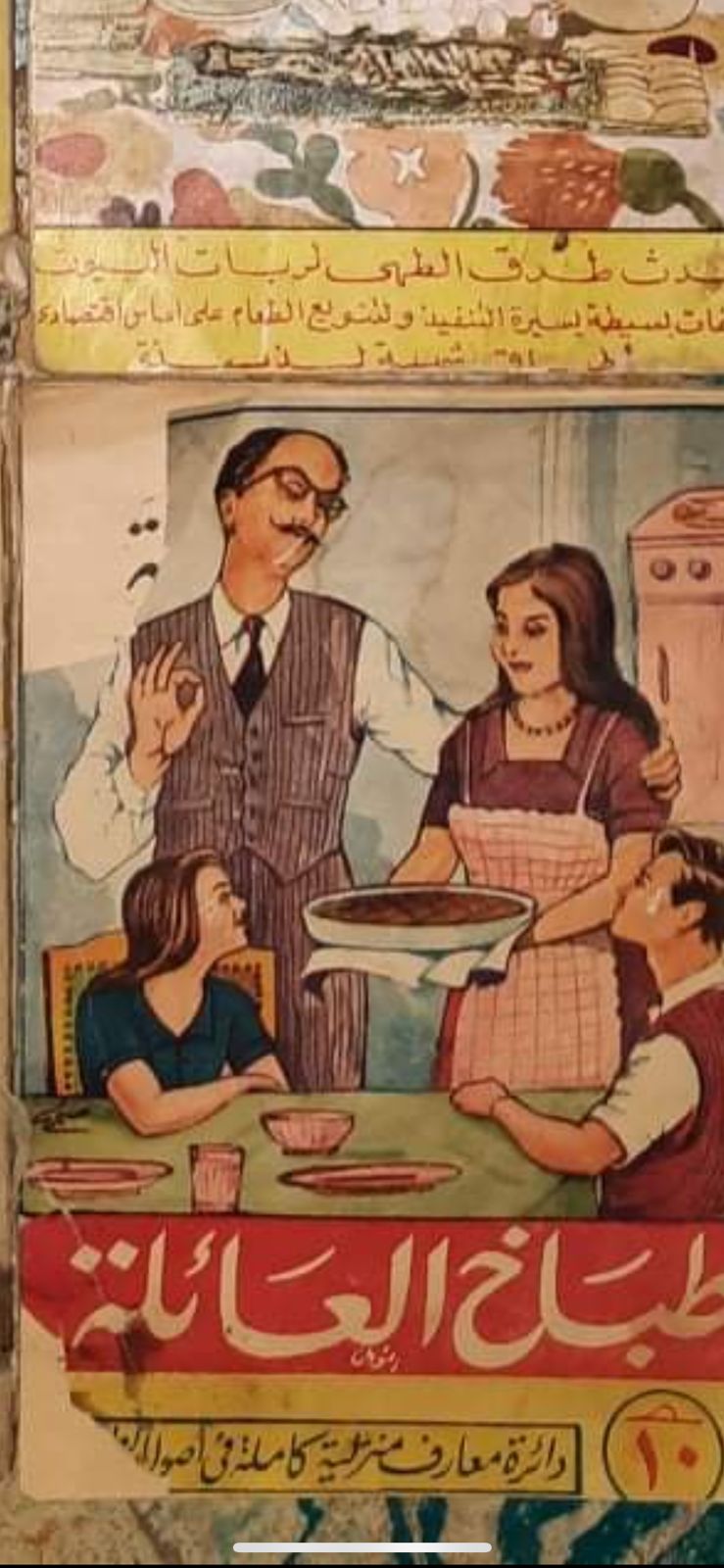
A vintage cookbook. Courtesy of Salma Serry.
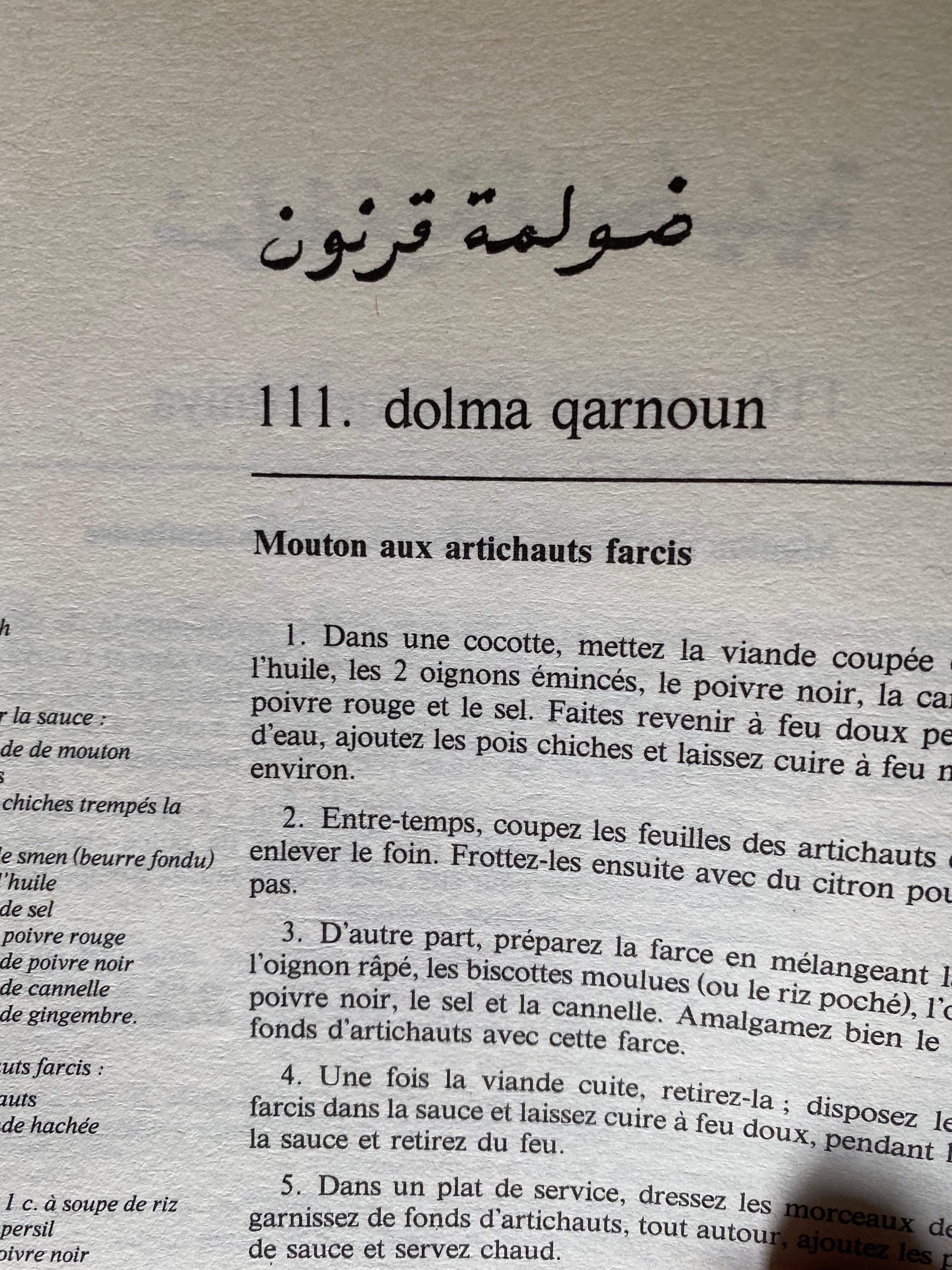
A vintage cookbook. Courtesy of Salma Serry.
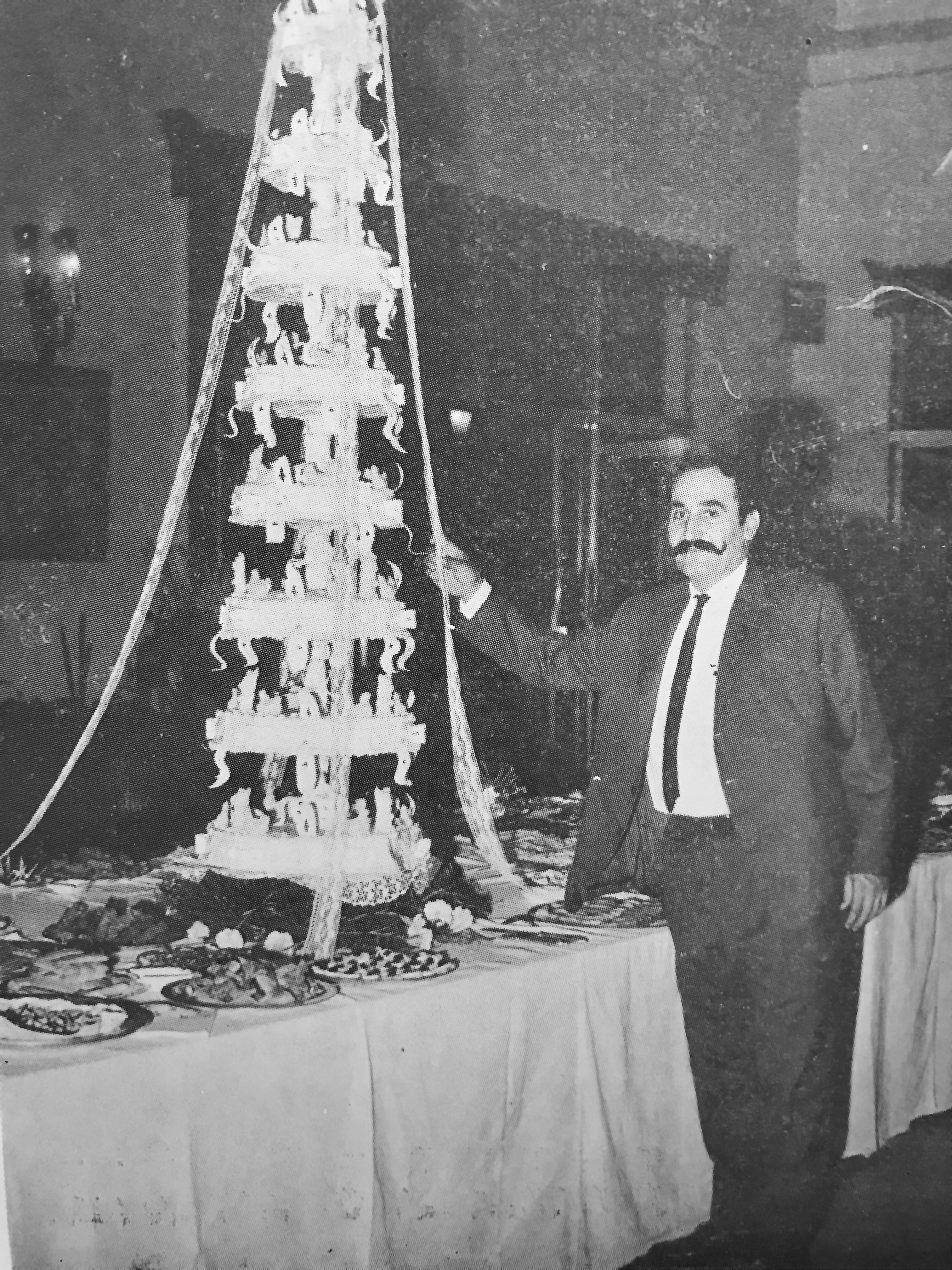
Botros Gerges Shleita, head chef and co-owner of Byblos Sweets in Beirut and author of Fann al-halwa wal-muqabbilat. Photo from Fann al-halwa wal-muqabbilat. 1975. Courtesy of Salma Serry.
I hope to be able to grow more curiosity around the endless ways in which food connects us, but at the same time, also tells how our stories are unique and different.
I have just wrapped up a series of workshops at the Saudi Biennial in Jeddah last month, which was inspired by the history of food in Hajj. I’m now working on gathering the recipes the participants worked on during the workshops to create an e-cookbook that features ingredients, dishes, spirituality, and embodiments of Hajj.
All the while, I’ll be continuing the larger archival project.
